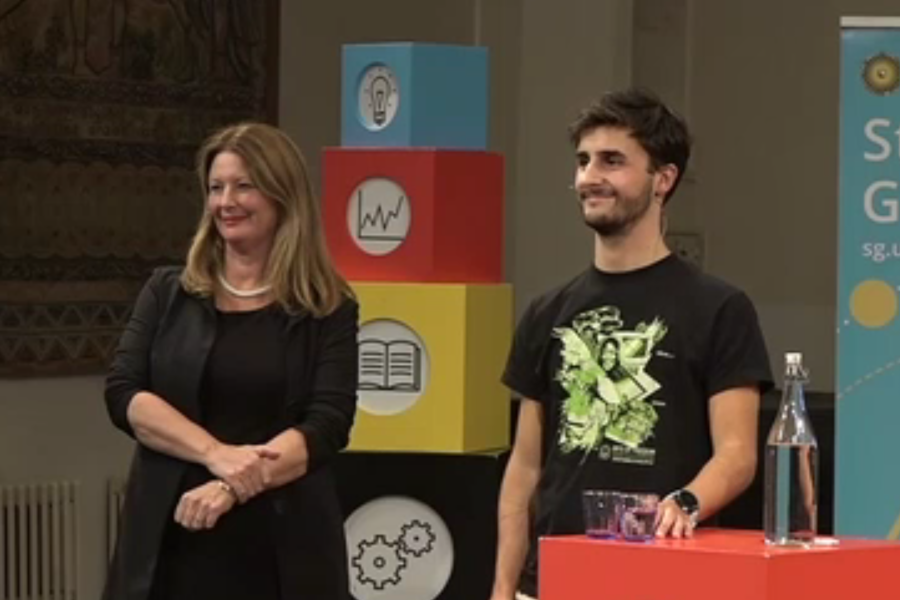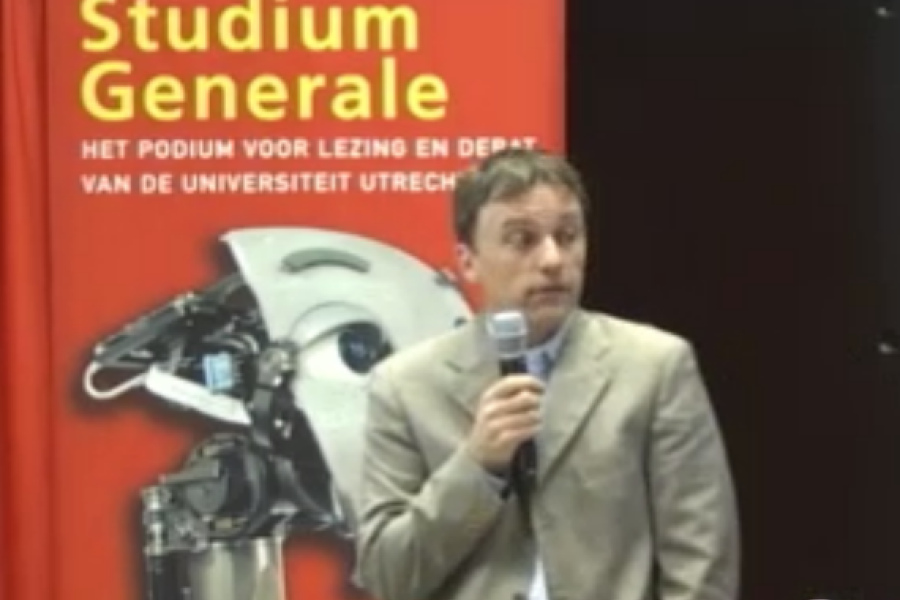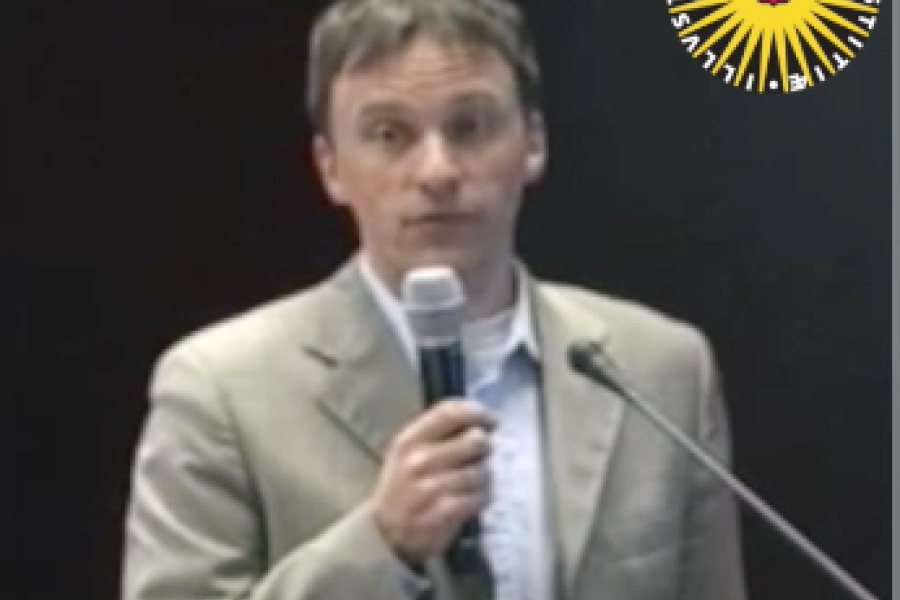How does the internet influence your life?
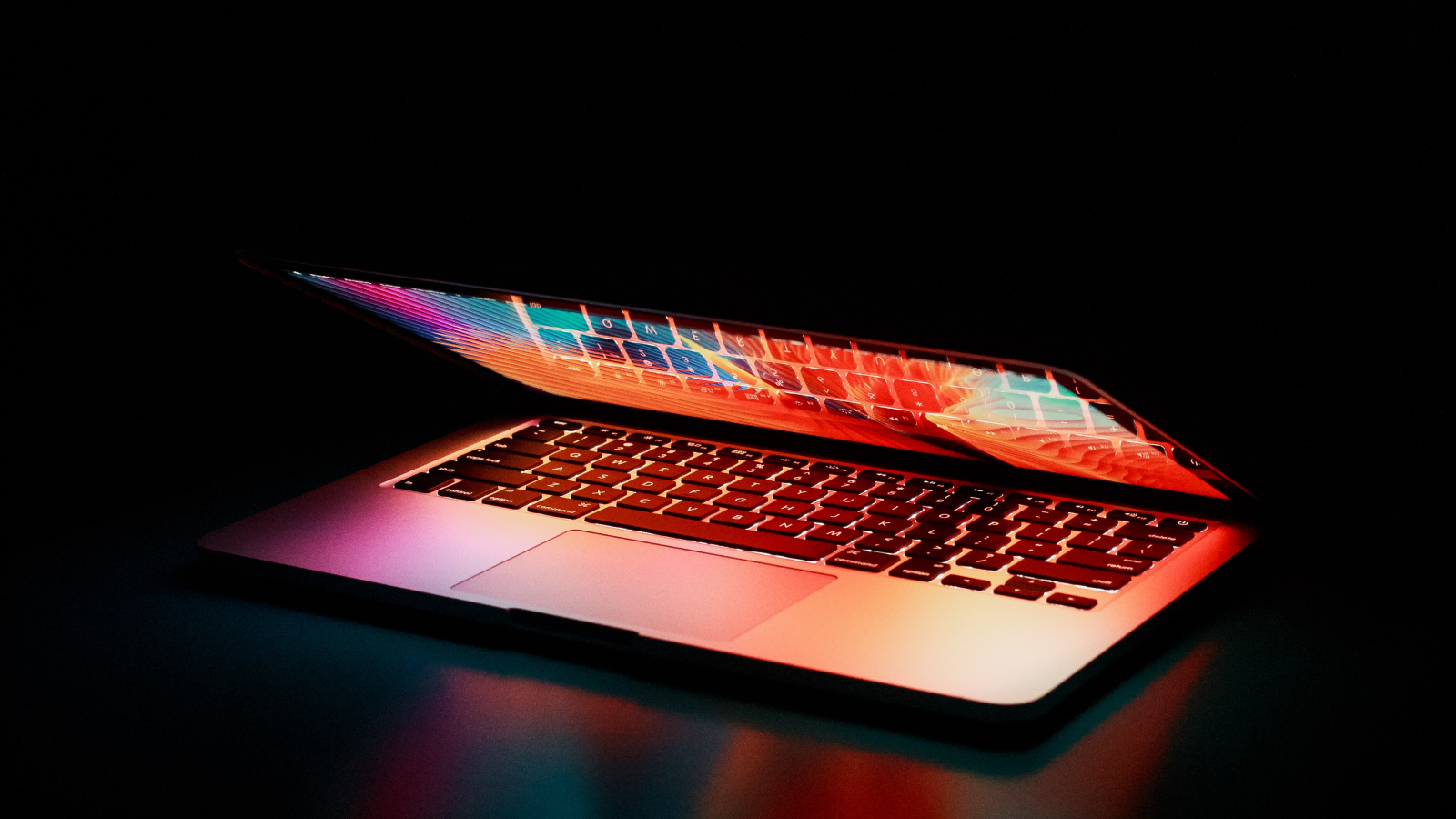
When in 1969 two MIT scientists managed to send a message between one computer and the other for the first time, no one could have expected that within a few decades the internet would become as big as it is today. As an anecdote from the documentary 'Lo and Behold' illustrates: all names and email-adresses of the first users were still put together in a 'phone-book'. A book like that for the current population of internet users would be 72 miles thick. The unforseen growth of the internet is a startingpoint for documentary maker Werner Herzog to explore the impact of the invention of the world wide web. Has it changed humanity completely? In his documentary he talks with internet pioneers, hackers and visionaries. But according to media scholar dr. Nanna Verhoeff (UU) he forgot one thing: us. "I wonder, though, where are the "normal" people, the users, where are we, where is the present?"

"The question whether we can or should escape from technology doesn't make sense. It's a romantic, but unrealistic ideal."
Technology is culture
"Herzog portrays the world wide web as invasive. With some sort of nostalgia he looks back at a world in which the internet didn't exist. It is a documentary of grand narratives, looking back at pre-historical times, suggesting that we are and will always be connected to a deep history of 'humanity' that is inherently non-technological." According to Verhoeff, the way in which the internet is portrayed as something big beyond our influence, is illustrative for the way we think about technology. As a media scholar she is interested in the way we use technological inventions and how we think about them. "We tend to see technology as something separate from us, but this separation does not exist now and has never existed. In fact humans and technology are inherently interwoven. The question whether we can or should escape from technology doesn't make sense. It's a romantic, but unrealistic ideal."
The internet: fantastic but frightning
In Lo and Behold someone wonders whether computers are the worst enemy of deep critical thinking. Verhoeff: "In my work, I have studied moments of technological change. And there are remarkable continuities in the way we respond to the internet now and the way we responded when cinema was first invented. It was seen as fantastic, but at the same time it frightened us. Cinema was seen as corrupting." To really understand the impact of the internet we should stay away from the grand narratives, and binaries like 'good' or 'bad', and 'old' and 'new'. There is no global digital culture. The meaning we attach to the internet, differs per person, time and place. To understand the impact of the world wide web, we should therefore look at ourselves and wonder in which ways we use the internet, and the ways it impacts our lives.
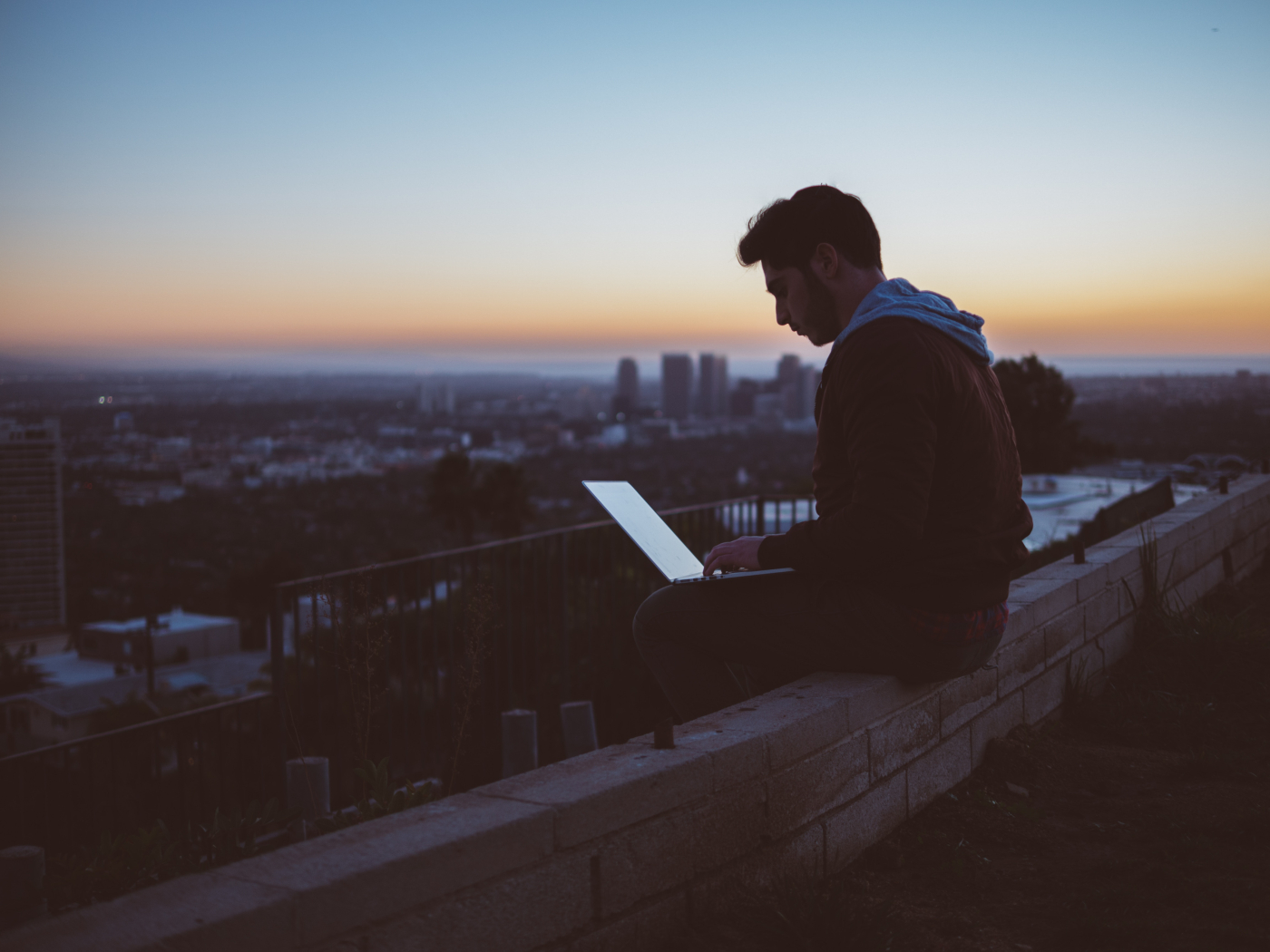
In her work Verhoeff often studies artists, because they open up new ways to think about technological change. An example she gives is the project 'Life Needs Internet' by artist Jeroen van Loon, which documents the way people worldwide feel about the internet. For Wouter from the Netherlands "95% of the internet is 'mass-garbage', it's an addiction to entertainment." And Ghinwa from Libanon says: "I received the iPhone as a gift for my birthday. It is definitely a double-edged sword. Sometimes I wish I hadn't received it." While many people express their frustration about being hooked to the world wide web, others mention they would not have met their partner without the internet, or how it gives them a possibilty to stay in touch with friends. Isajk from West Papua knows what a computer is but has no idea about what the internet is. When asked what he thinks it is his guess is surprisingly accurate: 'culture?'
How do you feel about the internet? You can participate to the project Life Needs Internet by writing a letter about how the internet influences your life. Lo and Behold can be seen entirely on Netflix.



